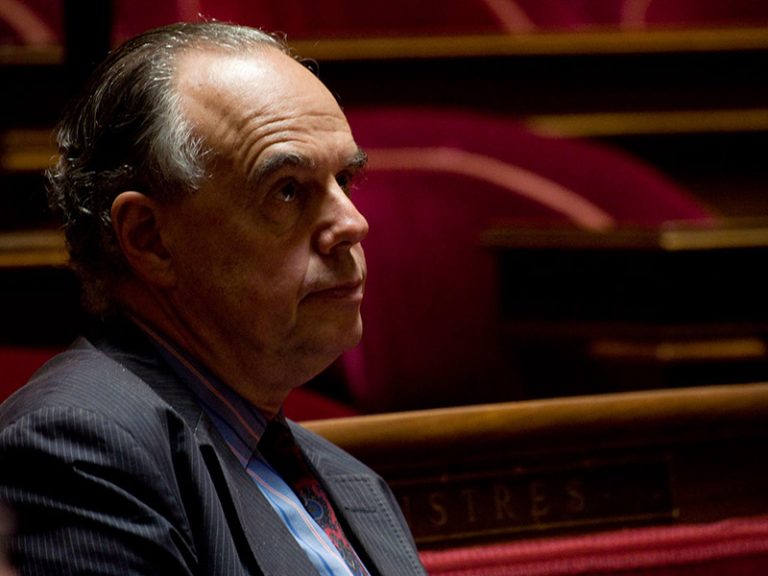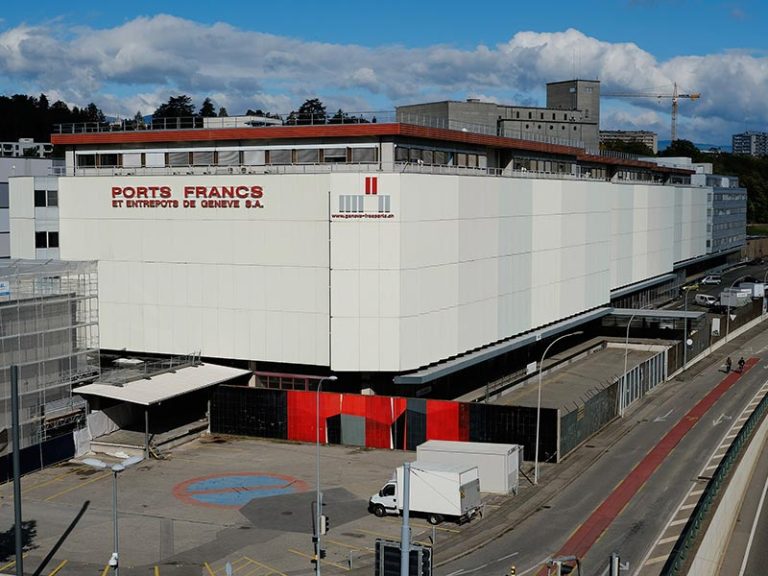Agents of the Center Pompidou, on strike since October 17, met in a general assembly on Monday, November 13, on the eve of a meeting with the office of the Minister of Culture. If the seats were a little more sparse in the large Cinema 1 of the Center than at the start of the mobilization – when 400 agents voted to strike -, two guests demonstrated that this social conflict was still far from being resolved: Julien Bayou, deputy for Paris (EELV) and Jérôme Legavre, deputy for Seine-Saint-Denis (LFI) came to provide their support to the striking agents.
The elected environmentalist echoed the demands of the strikers in a letter addressed to the Minister of Culture on November 10. Before the general assembly, he reiterated his “full support” to mobilized agents: “We will see what our action will be based on the meeting with the minister’s office [aujourd’hui mardi], specifies Julien Bayou at Arts Journal. It is the inter-union which will tell us when to enter the game.”
This political support comes as several members of the inter-union (CFDT, CGT, FO, SUD-Solidaires, UNSA) report a ” breaking point “ in discussions with the management of the Center Pompidou, and in particular its president Laurent Le Bon. While a meeting between the union representatives and the president was set for Friday, November 10, the latter ultimately did not show up, preferring to send the general director Julie Narbey.
Laurent Le Bon, however, scheduled a meeting with all the staff – and not the union representatives – a few hours before the meeting of the inter-union with the minister’s office. A short-circuiting of social dialogue “unacceptable”for Alexis Fritche, general secretary of the CFDT-Culture, a “pure provocation” according to Vincent Krier, national secretary of the CGT-Culture.
“We noticed the breakdown in trust between union representatives and management,” explains Alexis Fritche. Until now we had two entrances, the management and the ministry. Our requirement is to have only one place for discussion, with the minister’s office, for a peaceful and methodical debate. » The strikers expect the ministry to now be their sole interlocutor in the negotiations. “The meeting on Tuesday 14 will not be a cup of tea meeting”warns the unionist.
Himself a former trade unionist, Jérôme Legavre followed and supported the strike at the Center Pompidou in 2017, then chaired by Serge Lasvignes: “The Center and even the ministry were no longer the interlocutors of the debate,” he remembers. Matignon and the Ministry of Civil Service took control to resolve the conflict. » “Successive governments want to call into question the achievements of Beaubourg staff over many years,” believes the LFI elected official. With the work, the current government has found a golden opportunity to do so. »
The strike notice has been renewed and now runs until December 16. The strikers’ demands relate to the maintenance of the employment ceiling, the non-outsourcing of center agents, the creation of permanent contracts for agents on fixed-term contracts carrying out long-term missions and the preservation of positions and missions after reopening.
The strikers also want the activities of the Center to continue in a single location during the work, and not in one “constellation” of places as proposed by Laurent Le Bon. Despite progress in discussions, the unions deplore a lack of written commitments: “It is worrying that management cannot write that each agent will return to their position after the work”estimates Vincent Krier, national secretary of the CGT-Culture.







